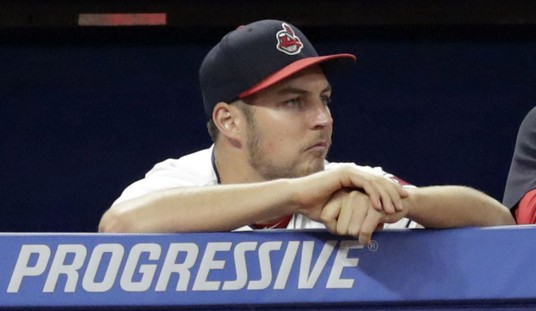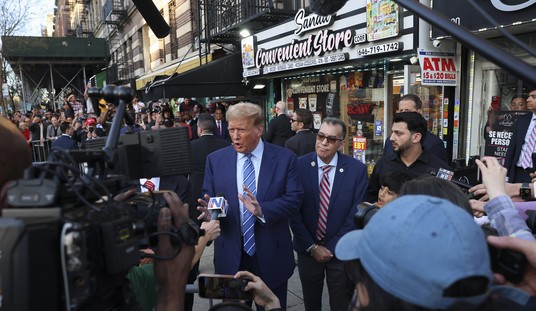It took about 20 years, but the people who run baseball have finally gotten serious about the game’s drug problem. Twelve players caught up in a performance-enhancing drug (PED) scandal involving a Florida clinic have been been severely punished with suspensions ranging from 50 to 212 games.
Among those suspended are three players who participated in the All-Star Game last month: Nelson Cruz, Texas Rangers outfielder; Everth Cabrera, San Diego Padres shortstop; and Jhonny Peralta, Detroit Tigers shortstop. Cruz and Peralta are on teams contending for a post-season berth, and their loss for most of the rest of the season may impact the race for a playoff spot.
But the two biggest names caught up in the scandal are Milwaukee Brewers’ outfielder Ryan Braun, who accepted a suspension for the rest of the year last week, and the New York Yankees’ superstar third baseman Alex Rodriguez, who was suspended for 212 games — the rest of this year and all of the 2014 season. Rodriguez will be allowed to play while his appeal goes forward, but it seems hopeless. That’s because Major League Baseball has him cold on the PED charges.
The scandal involves a quack clinician with a fake medical degree named Tony Bosch who has been supplying major league ballplayers with steroids for years. At his Biogenesis clinic in Coral Gables, Florida, Bosch kept voluminous records on his customers. Various investigations uncovered the names of Rodriguez and Braun, as well as Washington Nationals pitcher Gio Gonzalez, who was not suspended despite being prominently mentioned in Biogenesis records. (Gonzalez passed a drug test and cannot be directly tied to using PEDs.)
Rodriguez had admitted using PEDs previously — from 2001-2003. But the reason his suspension is so much longer than the others is that MLB investigators believe he was actively hindering the investigation. That, and the fact that he refused to take his medicine and will appeal the decision caused MLB to lengthen his suspension considerably.
After the news broke today, Rodriguez refused to comment on whether or not he used PEDs:
The last seven months have been a “nightmare,” he said.
It “has been probably the worst time of my life for sure,” said Rodriguez, “obviously for the circumstances that are at hand and also dealing with a very tough surgery and a rehab program, and being 38.”
Asked directly whether he had used performance-enhancing drugs, he declined — repeatedly — to comment.
“I think we’ll have a forum to discuss all of that, and we’ll talk about it then,” Rodriguez said.
Earlier in a written statement, he said that he was disappointed with the penalty and intends to appeal. He thanked family, friends and fans for their support and stressed that he was eager to get back on the field with his teammates.
His suspension is set to go into effect on Thursday, the league said. But officials also said that Rodriguez could keep playing if he appeals.
He arrived Monday in Chicago, where he was scheduled to play in a game against the White Sox. The Yankees’ roster lists him in the starting lineup, batting in the fourth spot and playing third base.
Yankees manager Joe Girardi said Rodriguez’s suspension won’t affect the team in Monday night’s game in Chicago.
“He’s here. He’s going to play,” Girardi told reporters. “It really doesn’t change anything for us.”
Most observers believe these suspensions are just the tip of the iceberg. PEDs make players stronger and help them recover from injury more quickly. The difference between a juiced-up player and one who plays by the rules can be significant. And when you’re talking about tens of millions of dollars in contracts that are at stake, a few more home runs and runs batted in over the course of the season makes a big difference. It may even determine whether a player has a job in the major leagues or not, hence the minor league prospects who were caught up in the Biogenesis scandal.
But Major League Baseball finally appears to be getting serious about reining in the cheats. More frequent testing and, more importantly, having the players’ union now fully behind the effort to weed out juiced-up players might begin to make a dent in the problem.
Two of the greatest players of the last 40 years — Barry Bonds and Alex Rodriguez — have now been shown to be cheaters. And the list of infamy lengthens when you include perhaps the greatest pitcher of the last 40 years, Roger Clemens; the most prolific home run hitters in Sammy Sosa, Mark McGwire, and Jose Canseco; and dozens of lesser players who sought that elusive edge that allowed them to gain an advantage over others who played by the rules.
A sad day for baseball fans.









Join the conversation as a VIP Member